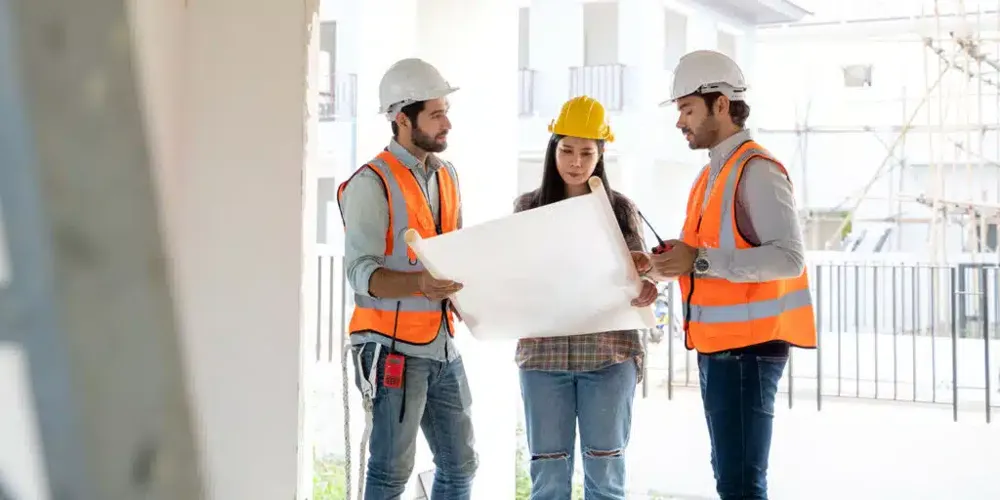
Understanding the Role of a General Contractor in Residential Construction
The Role of a General Contractor in Residential Construction Projects
When embarking on a residential construction project, whether it's building a new home or renovating an existing one, hiring a general contractor can be a game-changer. But what exactly does a general contractor do, and how do they contribute to the success of your project?
What Is a General Contractor?
A general contractor (GC) is a professional responsible for overseeing the day-to-day operations of a construction project. They coordinate all aspects, from hiring subcontractors to ensuring compliance with building codes and regulations.
Key Responsibilities
Project Planning: Collaborating with architects and designers to develop detailed plans and timelines.
Hiring Subcontractors: Selecting qualified professionals for specialized tasks like plumbing, electrical work, and roofing.
Procurement: Sourcing and purchasing necessary materials and ensuring timely delivery.
Compliance: Obtaining permits and ensuring all work meets local building codes and standards.
Quality Control: Regularly inspecting work to maintain high-quality standards.
Budget Management: Keeping the project within budget by monitoring expenses and making necessary adjustments.
Benefits of Hiring a General Contractor
Single Point of Contact: Simplifies communication by having one person manage all aspects of the project.
Expertise: Leverages industry knowledge to solve problems and make informed decisions.
Efficiency: Streamlines processes to keep the project on schedule.
Risk Management: Identifies potential issues early and implements solutions to prevent delays.
Conclusion
Engaging a general contractor for your residential construction project can provide peace of mind, ensuring that the work is completed efficiently, safely, and to a high standard. Their expertise and management skills are invaluable assets in bringing your vision to life.
